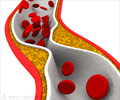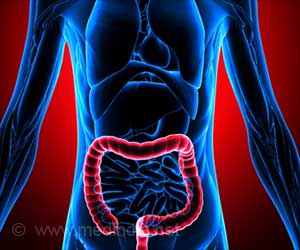An enzyme that controls the so-called bad cholesterol , which is often linked with heart disease and clogged arteries has been identified
An enzyme that controls the so-called "bad cholesterol", which is often linked with heart disease and clogged arteries, has been identified by researchers at the University of California-Los Angeles (UCLA) during the course of a mice study.
The researchers say that the enzyme called Idol destroys a specific receptor produced by liver cells that sticks to Low-density lipoprotein (LDL), as bad cholesterol is scientifically known.This, according to them, permits more bad cholesterol to circulate in the blood.
In blocking Idol's activity, the researchers triggered cells to make more receptor and absorb more cholesterol from the body.
"We only know of three pathways that regulate the LDL receptor. The first two are already targeted by existing drugs. Idol is the first mechanism discovered in several years that may lead to a new medication designed to control cholesterol levels," said Dr. Peter Tontonoz, professor of pathology and laboratory medicine at the David Geffen School of Medicine at UCLA and an investigator at the Howard Hughes Medical Institute.
Telling about the significance of the findings, the researchers suggest that development of a drug that interferes with Idol's activity may influence cholesterol metabolism, and lower levels of bad cholesterol.
They say that doctors could prescribe the new medication in conjunction with statin drugs, which also cut cholesterol levels by targeting a different enzyme linked to the LDL receptor, and thereby benefit patients that cannot tolerate statin-related side effects.
Advertisement
RAS















